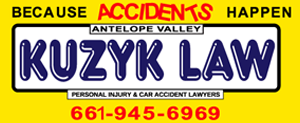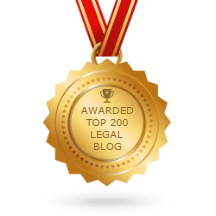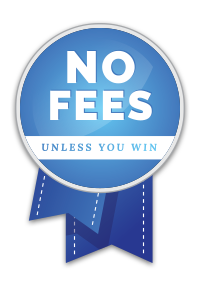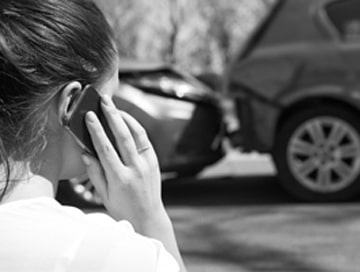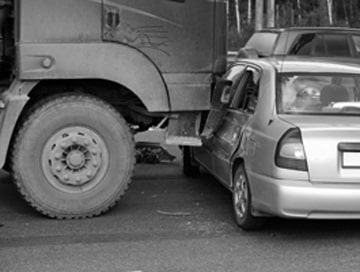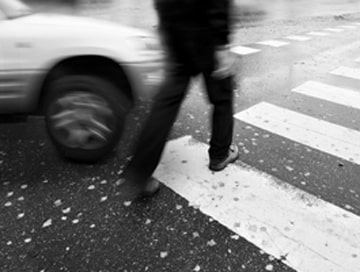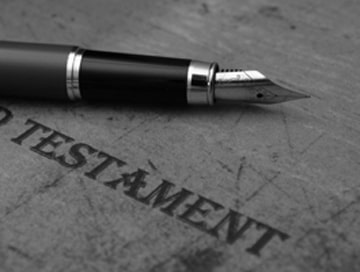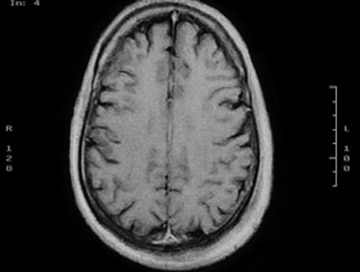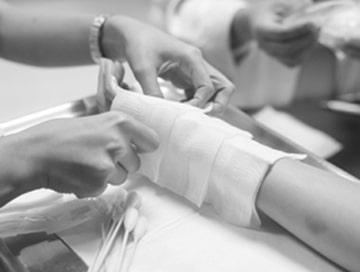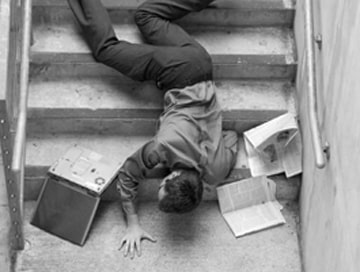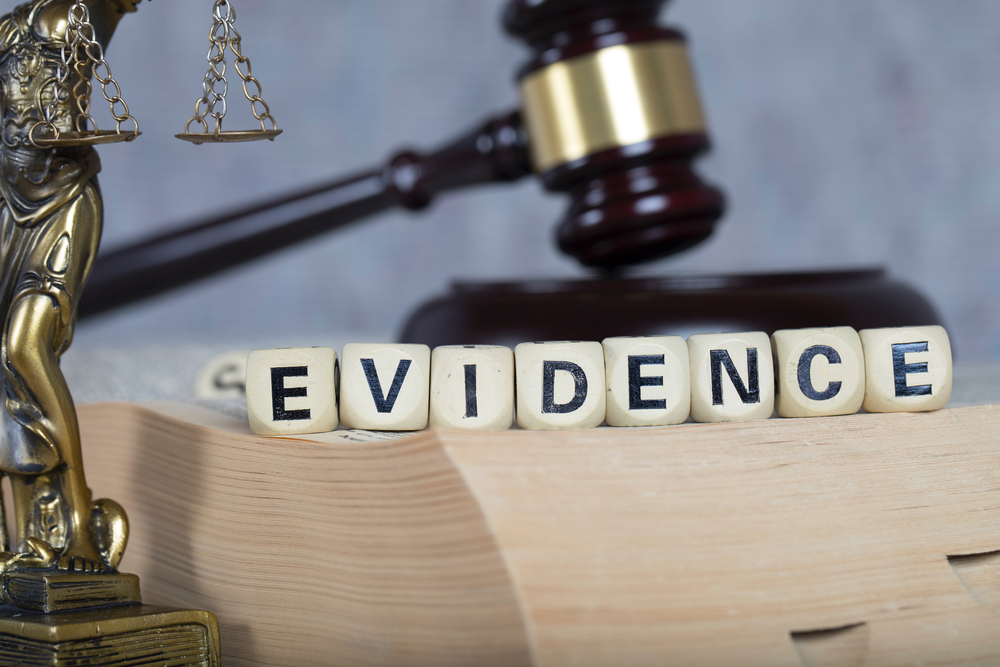
If your personal injury claim goes to trial, it’s important to be aware of the types of evidence used in court. The rules of evidence are lengthy and complex. Whether your claim involves a car accident or a slippery floor, you should contact an attorney to handle your case. A California personal injury lawyer has the training and experience necessary to present evidence in a court of law.
Forms of Evidence
Evidence exists in a variety of forms. You will likely need both physical and intangible evidence to prove your case in court.
Physical Evidence
Physical evidence includes items such as defective auto parts or torn clothing. The jury can view the evidence in the courtroom. This evidence can be extremely helpful because jury members can see it for themselves.
Intangible Evidence
Sometimes the only way to preserve evidence is by taking a photograph of skid marks or a wet floor. Perhaps you have a video of the accident itself. Intangible evidence is valuable for showing conditions at the scene of an accident
Documented Evidence
Evidence is often in the form of a document, such as a medical bill or proof of lost wages. Documentation will help you prove injury and monetary damages.
Eyewitness Testimony
Statements from people who witnessed your accident can be powerful when proving your claim.
Burden of Proof
In a courtroom trial, your evidence will have to meet a specific burden of proof in order to win your claim. Your attorney will know what evidence you will need to prove your claim.
Preponderance of the Evidence
For a personal injury trial in California, you must prove your case by a “preponderance of the evidence.” In other words, the jury must find that the evidence in favor of a claim is greater than the evidence against the claim. This burden of proof is lower than the “beyond a reasonable doubt” standard of criminal trials.
Clear and Convincing Evidence
You can seek punitive or exemplary damages in addition to compensation for medical bills, property repairs and other losses. First, you must prove that the defendant acted with malice or willfully disregarded the rights or safety of others. If you are seeking exemplary damages, your evidence must meet the higher “clear and convincing” burden of proof. According to this standard, your evidence must show that it is highly probable that the defendant acted with malice.
Photographs and Videos
When taken shortly after an accident, photographs and videos can provide valuable evidence. Photographic and video evidence is hard to refute and will make it difficult for the other party to claim that they were not responsible for your injuries. You can always take pictures and videos in a public place, but you may have to ask to have barriers moved at an accident scene.
It’s important that you take pictures and record videos as soon as possible because evidence can be lost as time goes by. Skid marks can fade, for example, and missing road signs can be replaced. If you are unable to take the pictures or videos yourself, ask someone else to do it for you. Be sure to make copies of the images and videos.
Photographs
Photographs provide documentation of injuries, vehicle damage, weather conditions and other relevant information. A smartphone camera is a convenient tool for taking pictures at the scene of the accident. Make sure that the date that you took the picture is recorded on each digital image and printed photograph.
Take pictures from every angle, close-up and from a distance. You can’t have too much evidence, so be thorough and take as many pictures as possible. Bloody or torn clothing, skid marks on the road, a dented fender or a slippery floor in a store are just some examples of the evidence your camera will gather.
Videos
These days, video evidence is widely available from a variety of sources, such as car dash cams, highway cameras and store or parking lot surveillance cameras. A video can show a driver running a red light or a store manager neglecting to mop up a spill. If possible, it is a good idea to get a video of traffic conditions at the same time of day as the accident. Of course, you can always use your smartphone to record videos.
Dashcam videos are especially valuable for proving fault in auto accident cases. If you plan to use a video from a surveillance camera, you should obtain it from the property owner as soon as possible. Surveillance videos are often deleted after a short time period.
Medical Records
It is important to seek medical attention immediately after an accident, or at least within 24 hours. Medical records are indispensable for proving harm caused by an accident. The sooner you see a doctor, the better you will be able to prove that the accident caused your injuries. As time goes by, the opposing party may claim that events that occurred after the accident were the real cause of your injuries.
Go to the nearest hospital emergency department or make an appointment to see your doctor right away. Do this without delay to show the seriousness of your injuries. If you wait a few days or a week, your opponent may claim that you must not have suffered serious harm.
Without a doubt, your opponent will want to see your medical records. They will be looking for proof that your injuries are not as serious as you claim. Prompt medical attention will provide evidence in your favor, such as x-rays, scans and treatments for lacerations, severe bruises and broken bones. Your records will contain documentation of resulting disability, as well as prescriptions for pain management and physical therapy.
Medical Bills
You’ll want to gather all the medical bills that resulted from the accident. Your attorney will be able to use the bills to prove the financial damages that you suffered. Make copies of each bill or receipt so that you will have a copy for your records.
Be sure to include bills from ambulance transport, emergency room treatments, doctor visits, physical therapy and visits to your primary care provider. You will also need receipts from purchases of prescription medications and medical equipment. In short, you should document any type of medical expenses that arose from the accident.
Lost Wages and Diminished Earning Capacity
If your injuries keep you out of work for an extended time or result in permanent disability, your attorney will ask for compensation for these losses. If that happens, you will have to provide evidence of lost pay or diminished earning capacity.
Typically, you will need to prove:
- The time you missed from work because of injuries, treatment and recovery caused by the accident
- Wages you would have received if you had not been injured and missed work
- Gross income from the previous year’s income tax return
- A letter from your employer stating your name, job title, pay, number of hours you normally work and the length of time you missed work due to your injuries
- If you are self-employed, invoices, appointment cancellations and other evidence of a decrease in billable hours
Truck Driver Information
If your accident involves a collision with a commercial truck, you will need to collect more evidence than the usual driver’s license number and insurance information. You will have to provide detailed information about the truck driver, the truck and the load being hauled. A personal injury lawyer can navigate all the necessary paperwork to obtain the required information.
An important piece of evidence is the driver’s qualification file. The carrier company will have this file, which includes the driver’s employment application, driving record reviews and certification of violations. Other required evidence includes:
- Driver’s training file
- Driver’s logs
- Drug and alcohol test results
- Inspection records
- Truck systems information
- Truck maintenance history
- Bill of lading
- Weight tickets from weigh stations
Federal Motor Carrier Safety Administration (FMCSR) regulations require carriers to keep records for a certain length of time. It’s important to contact an attorney right away so that they can obtain this information before the company disposes of the files.
Eyewitness Deposition
An eyewitness can make a sworn statement about the accident or answer questions during a sworn, out-of-court deposition. During a deposition, the person who is being deposed (deponent), the parties to the lawsuit and their attorneys, and a court reporter are present. The attorneys ask the respondent questions and submit the answers as evidence in court.
The defense attorney will likely want to ask you questions about the accident and your injuries. In most states including California, a party to a lawsuit must agree to be deposed by the opposing party. You are not required to have an attorney during a deposition, but an attorney can prepare you for questioning and provide valuable guidance. Your attorney can also object to questions that are not permitted by the state’s rules of evidence.
A witness with expert knowledge, such as a doctor or automobile mechanic, can give a deposition. An attorney can use this testimony to dispute or impeach the testimony of another witness. For example, a defense witness may claim that your injuries could not have occurred at the time of the accident. Your attorney could use a doctor’s deposed statement to impeach that testimony.
File a Police Report
Although police reports are not admissible in court, they contain valuable information that can help you obtain evidence. When you file a police report, you will have an official record of information about the accident. For example, the report will contain a description of the accident scene and a list of eyewitnesses that your attorney may want to contact. Always obtain a copy of a police report so that you can check it for accuracy and have the information in your possession.
In California, you are required to file a police report if a traffic accident involves one of the following:
- Injury or death
- Hit-and-run
- Public property damage
- Likelihood of alcohol or drug intoxication
You can report any accident that occurs on public property. The police, however, will not investigate an accident on private property unless one of the above circumstances is involved. Even if you do not know of any injuries or property damage, you should still call the police right away.
When the police arrive and investigate the accident, you will be able to tell them about the accident from your point of view. They will collect information such as:
- Date and time of the accident
- Weather conditions or other factors affecting visibility
- Contact and insurance information from all parties involved in the accident
- Statements from drivers and witnesses
- Automobile information and damage
- Injuries
- Description and diagram of the accident location, such as an intersection or parking lot
You can also file a police report after the accident. Use the photographs or videos you have recorded to help you file the report. If the other party admits fault, you can include a signed statement from them in your report.
Hire an Attorney
If you are injured in an accident, you should contact a personal injury lawyer right away. Although most cases are settled out of court, some cases go to trial. Without legal training, you will not be familiar with the rules and procedures of a court trial. Attorneys are professionally trained to apply the rules of evidence in court.
Most attorneys offer a free consultation before they take a case. Before your initial consultation, you’ll want to gather relevant documentation, such as:
- Photographs and videos from the accident
- Medical records
- Medical bills
- Car repair bills
- Copy of police report
The information that you provide will help your attorney decide whether you have a valid claim. After your attorney takes your case, they will request evidence from the defense attorney in a process called discovery. The defense will also ask your attorney for evidence.
Contact a Personal Injury Attorney
If you’ve been injured and believe that someone else is at fault, don’t go it alone. At Kuzyk Personal Injury & Car Accidents Lawyers, we will fight to get you the compensation you deserve. Contact us for a free consultation.
